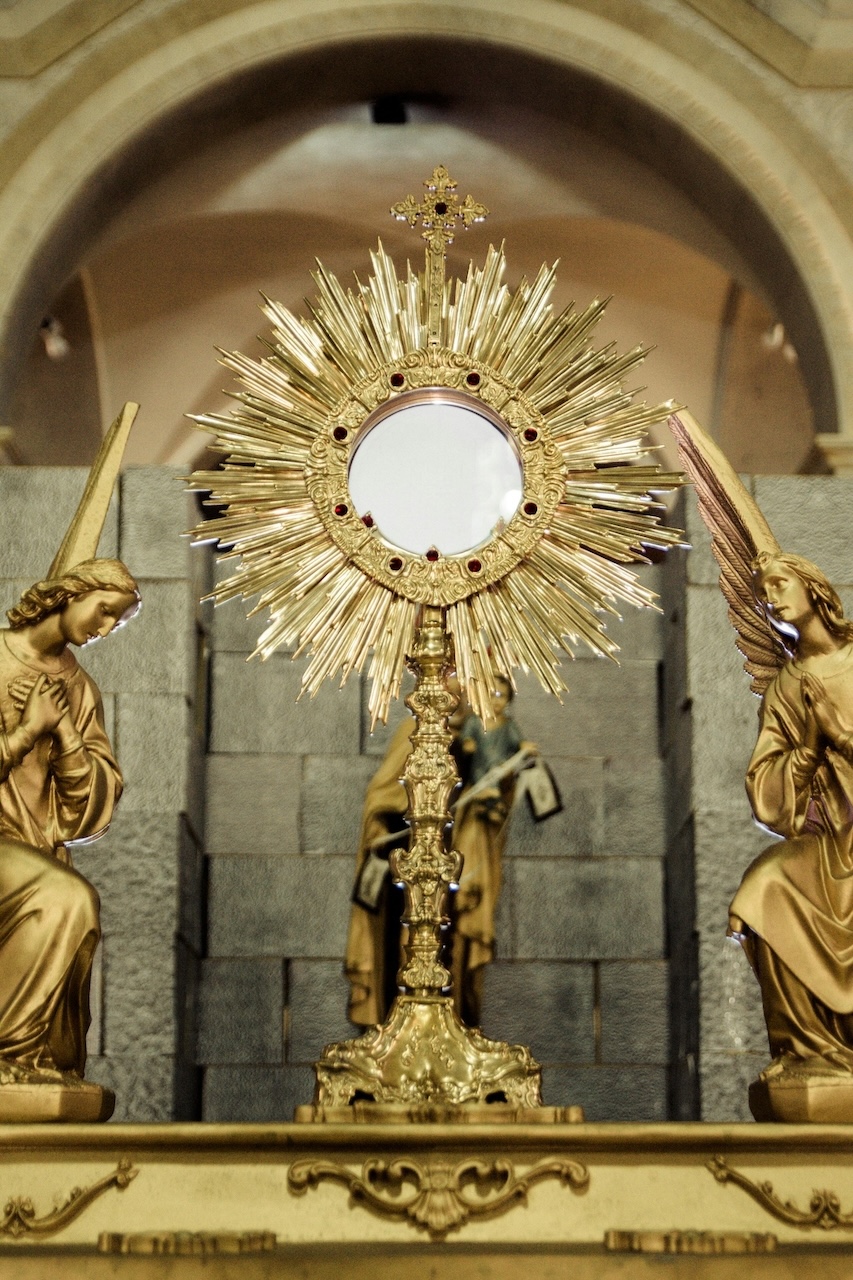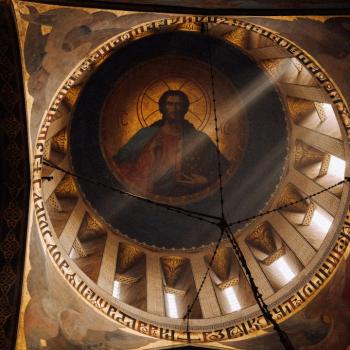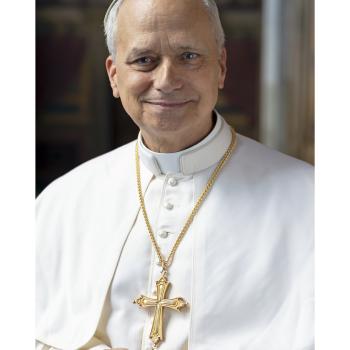My dad was a fastpitch softball pitcher and growing up, I spent many weekends accompanying him on trips throughout Southern California to various tournaments. I learned to keep score and to make my own lunch. One time, he made us peanut butter and butter sandwiches. From then on, I made sure to pack for myself. Often, the softball fields were far from civilization and the local snack bar was the only opportunity to buy something. For one larger tournament, however, we were in the middle of a city and I went and visited a local Christian bookstore.
Perusing Protestant Bibles
I moseyed around and perused one of their Bibles. When this happened, I must have been in High School and was already interested in apologetics, the art of arguing for the truth of the faith. I knew that the Sacrament of the Eucharist is a point of contention between Catholics and Christians of other denominations, so I opened this Protestant Bible to one of the passages that relates the Institution of the Eucharist. The Bible footnotes stated clearly that the words he spoke at the Last Supper were purely symbolic. It could sound like this explanation I found on a website from a small church in Memphis.
By referring to the bread and wine as His body and blood, Jesus was symbolically offering Himself as a sacrifice for the sins of humanity. This act of selfless love and sacrifice is a central tenet of the Christian faith and inspires Christians to follow Jesus’ example of serving others with humility and love (Nikki Halford, “The Last Supper: Understanding Jesus’ Sacrificial Love”).
I was a bit confused, because I had plenty of Christian friends from other denominations and they always insisted on taking the Bible at face value. What was it about this passage that made them take it differently? Normally, these Christians refer to the Bible as the rule of faith.
Rule of Faith
The Bible is the light that illumines itself. And reading light by light, according to the ancient tradition of the church, is to read the Bible by the rule of faith (Todd Hains, “The Rule of Faith Illumines the Bible by the Bible’s Own Light”).
Nevertheless, these same people would have us believe that when Jesus says literally “this is my body,” and “this is my blood,” we are to interpret it symbolically. He is “symbolically offering Himself,” instead of establishing the New Covenant that will be sealed by his blood shed on the cross.
Words of Institution
While they were eating,
he took bread, said the blessing,
broke it, gave it to them, and said,
“Take it; this is my body.”
Then he took a cup, gave thanks, and gave it to them,
and they all drank from it.
He said to them,
“This is my blood of the covenant,
which will be shed for many.
Amen, I say to you,
I shall not drink again the fruit of the vine
until the day when I drink it new in the kingdom of God” (Mk. 14:22-24).
If we take Jesus at his word, his disciples received his very body and blood at the Last Supper. We re-enact this moment each time that we celebrate Mass and when we receive Communion, we receive Jesus himself. In the Eucharist, Christ is truly, really and substantially contained.

Real Presence
The mode of Christ’s presence under the Eucharistic species is unique. It raises the Eucharist above all the sacraments as “the perfection of the spiritual life and the end to which all the sacraments tend.” In the most blessed sacrament of the Eucharist “the body and blood, together with the soul and divinity, of our Lord Jesus Christ and, therefore, the whole Christ is truly, really, and substantially contained.” “This presence is called ‘real’ – by which is not intended to exclude the other types of presence as if they could not be ‘real’ too, but because it is presence in the fullest sense: that is to say, it is a substantial presence by which Christ, God and man, makes himself wholly and entirely present.” (Catechism of the Catholic Church, 1374).
Jesus is present in the fullest sense in the Eucharist. He makes himself present to all believers and we can learn much from Christians of other denominations who love the Lord truly. However, we should never wish to abandon the faith that allows us to come into contact with him really and substantially as happens through Holy Communion. As we celebrate the Solemnity of Corpus Christi, let us open our hearts and ignite our faith so that we can receive him more worthily.
What do you think? Comment below.
Subscribe to the newsletter to never miss an article.













